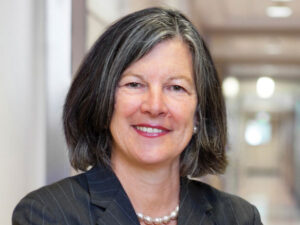As of September, more than 270,000 deaths have been confirmed in Latin American countries due to the severe acute respiratory syndrome coronavirus 2 (SARS-CoV-2) infection.
The unprecedented COVID-19 pandemic makes it possible to compare and contrast the public health and political responses to previous health crises.
This January, the American Cancer Society reported the sharpest drop in U.S. cancer mortality ever recorded. Between 2016 and 2017, the death rate from cancer fell 2.2%, continuing the trajectory of a 29% decline in cancer mortality since 1991.
I write this letter to you as an advocate for women with malignant uterine soft tissue tumors—and to commend you on the introduction of The Uterine Fibroids Research and Education Act in the United States Congress.
As the only National Cancer Institute-designated Comprehensive Cancer Center in the Mountain West—a region that includes Utah, Idaho, Montana, Nevada, and Wyoming, covering 17% of the landmass of the continental United States—Huntsman Cancer Institute (HCI) at the University of Utah (U of U) has a longstanding focus on improving cancer research, prevention, and treatment strategies for our patients and communities.
The National Cancer Institute approved the following clinical research studies last month.
Matthew Bin Han Ong, associate editor of The Cancer Letter, was named by the Poynter Institute and The Washington Post to the Leadership Academy for Diversity in Digital Media.
Gary Reedy announced that he will retire from his job as CEO of the American Cancer Society when his contract expires next April.
At The Cancer Letter, we watched with growing alarm as early warnings of the virulence of SARS-CoV-2 started pouring in from Wuhan, and later, from Lombardy.
For cancer epidemiologists, the COVID-19 pandemic is a natural experiment in the importance of screening, early detection, and diagnosis.














